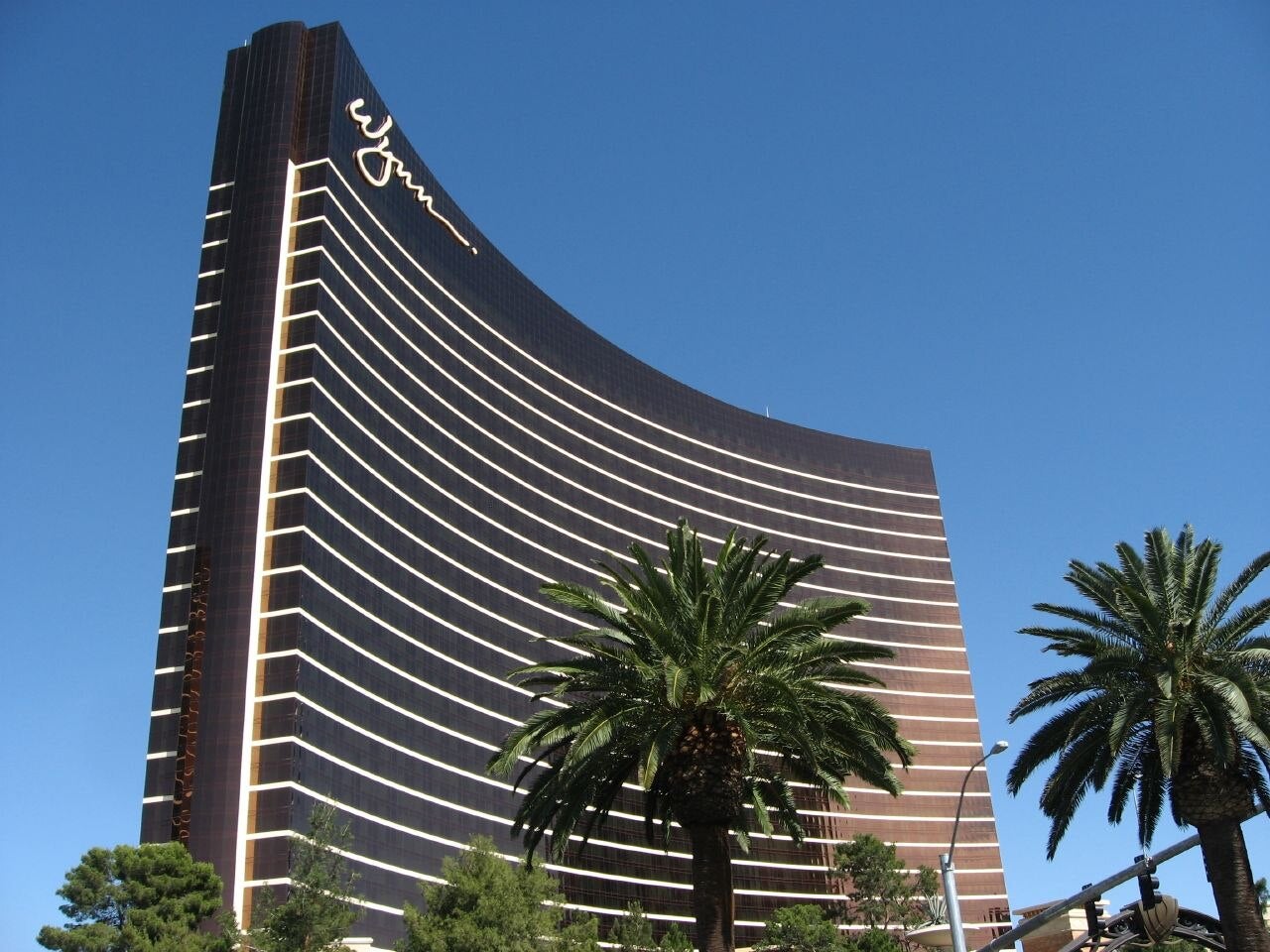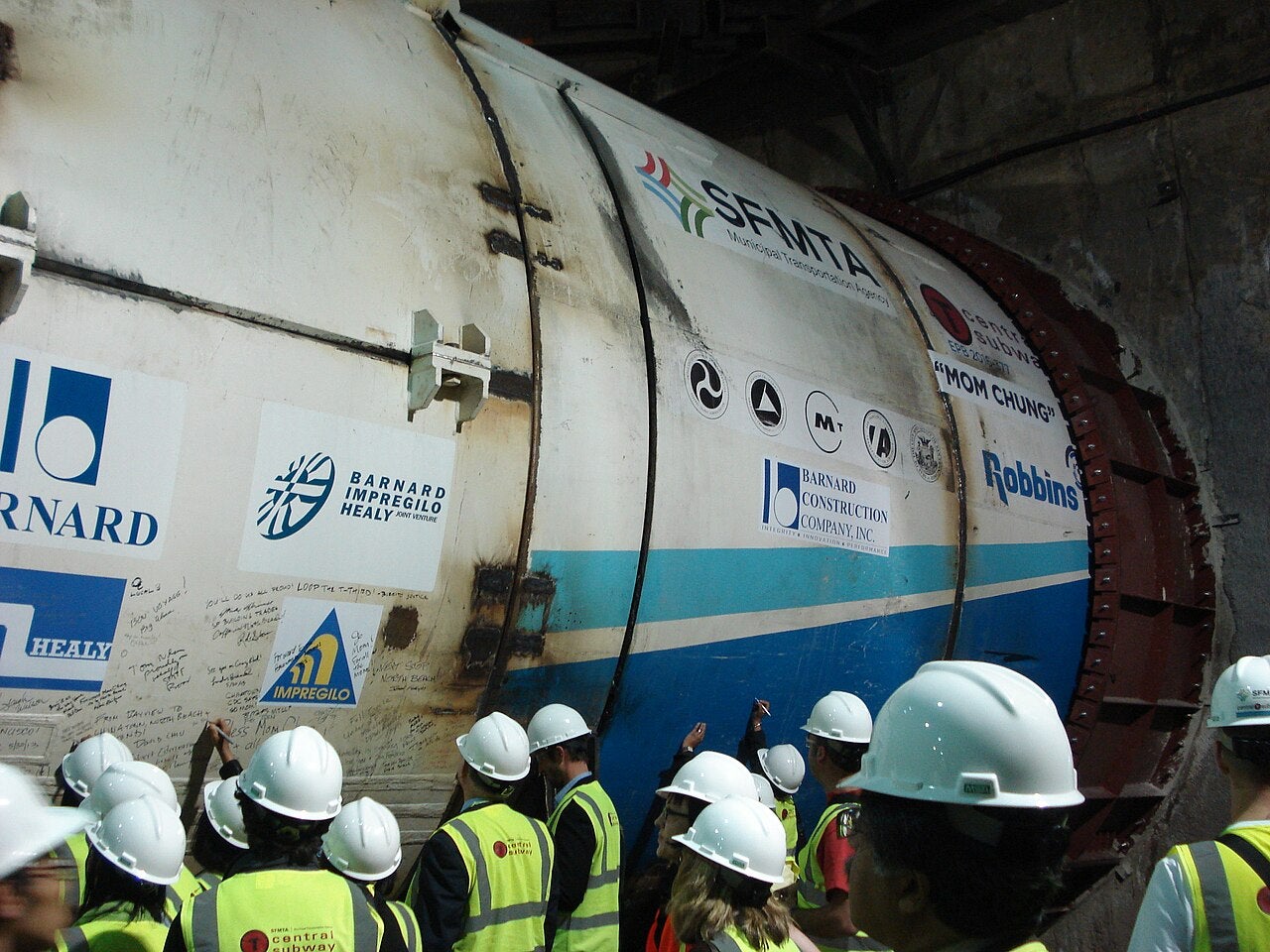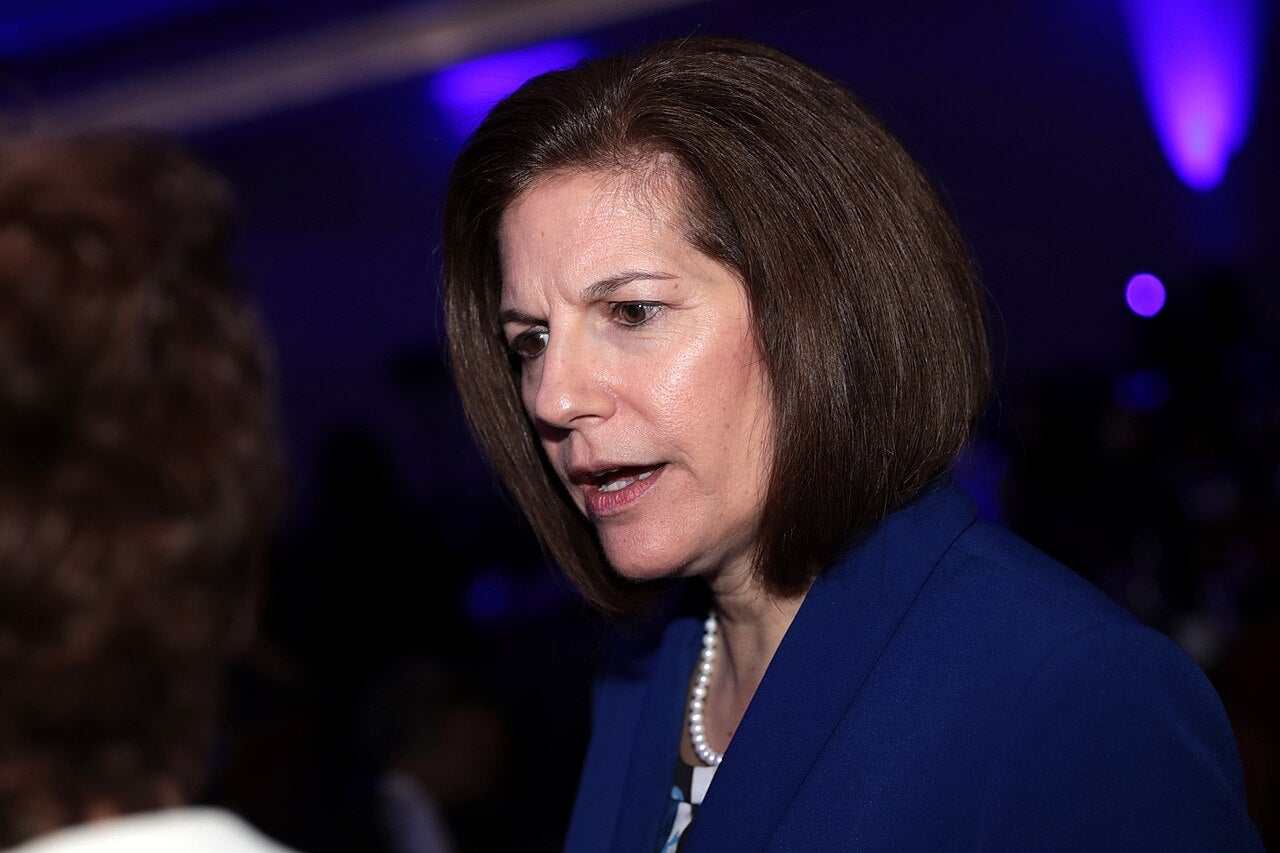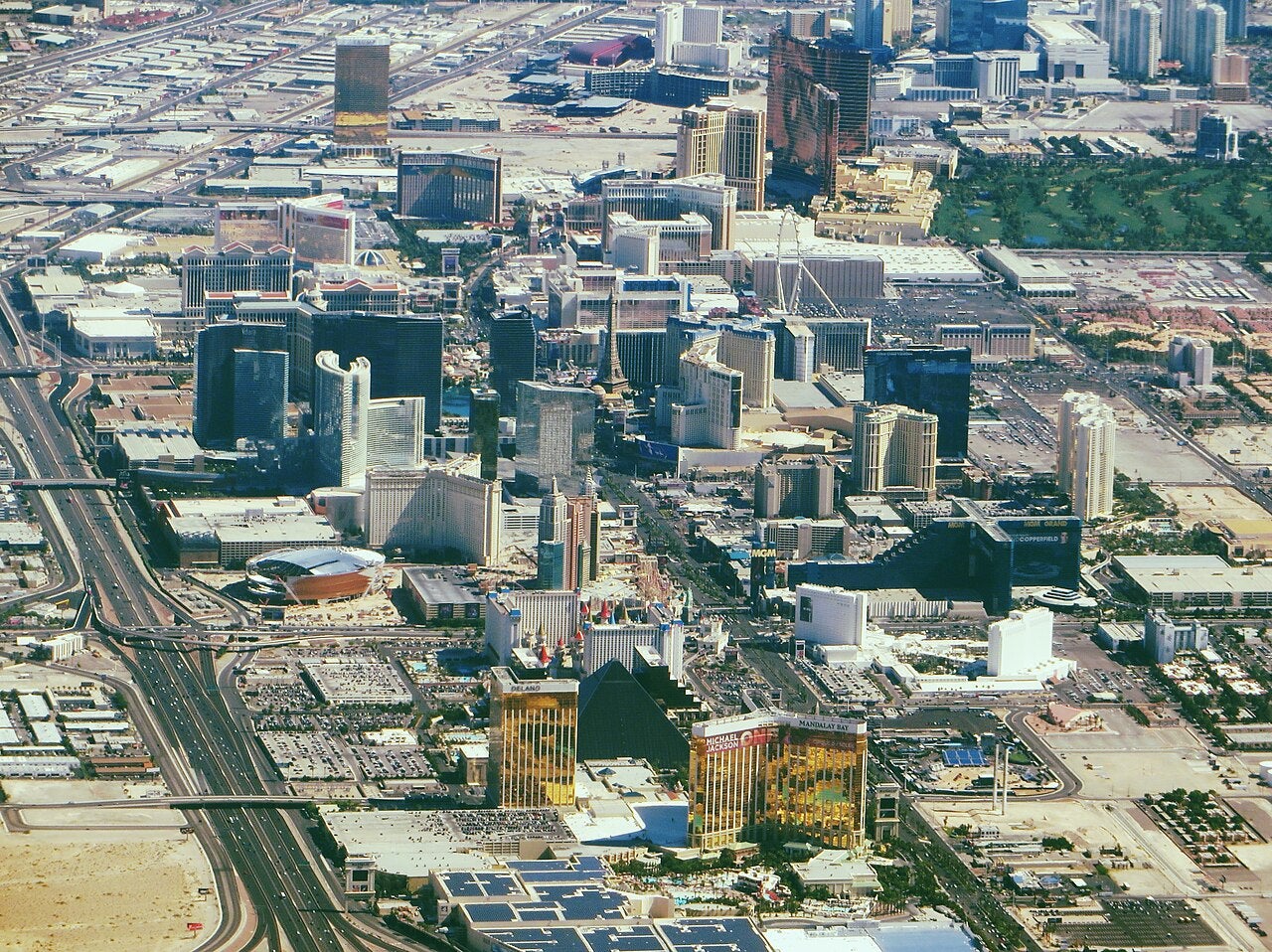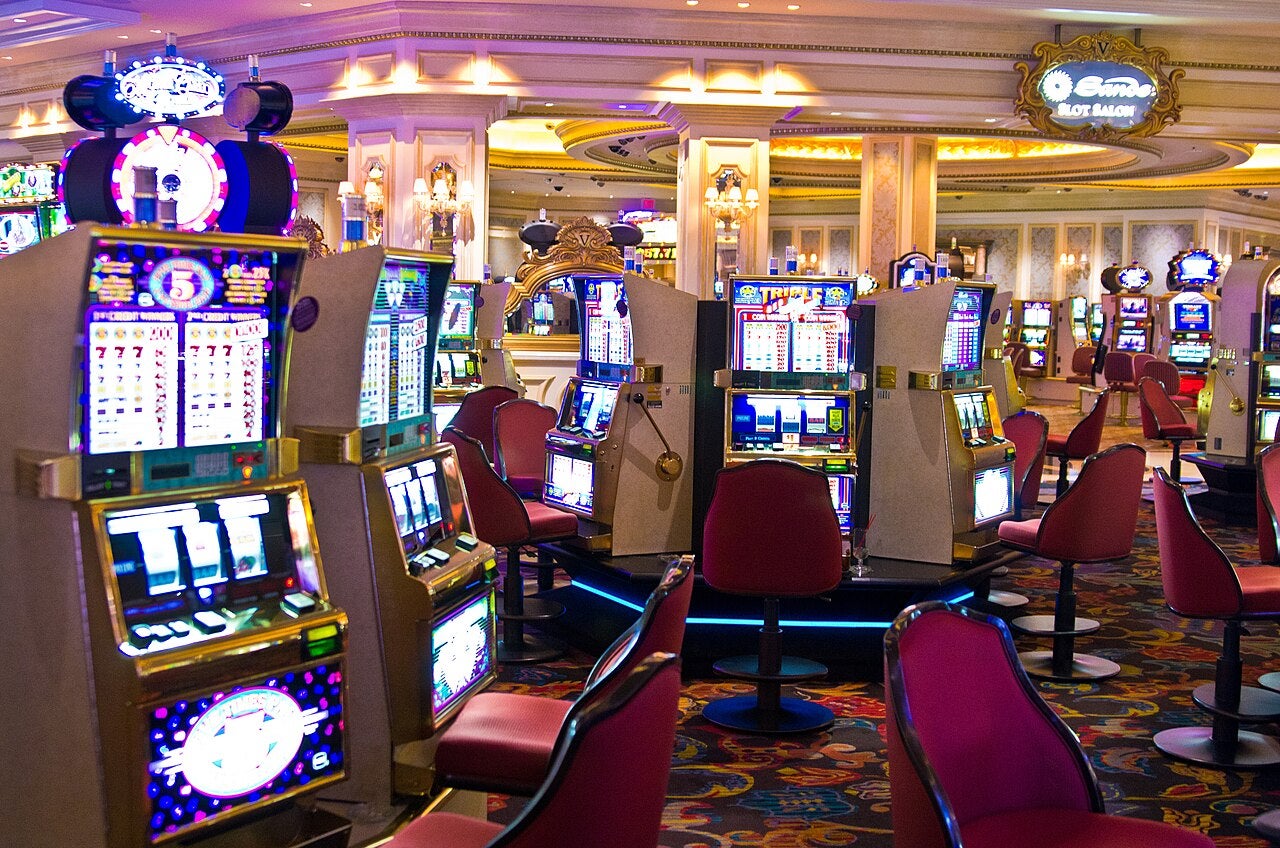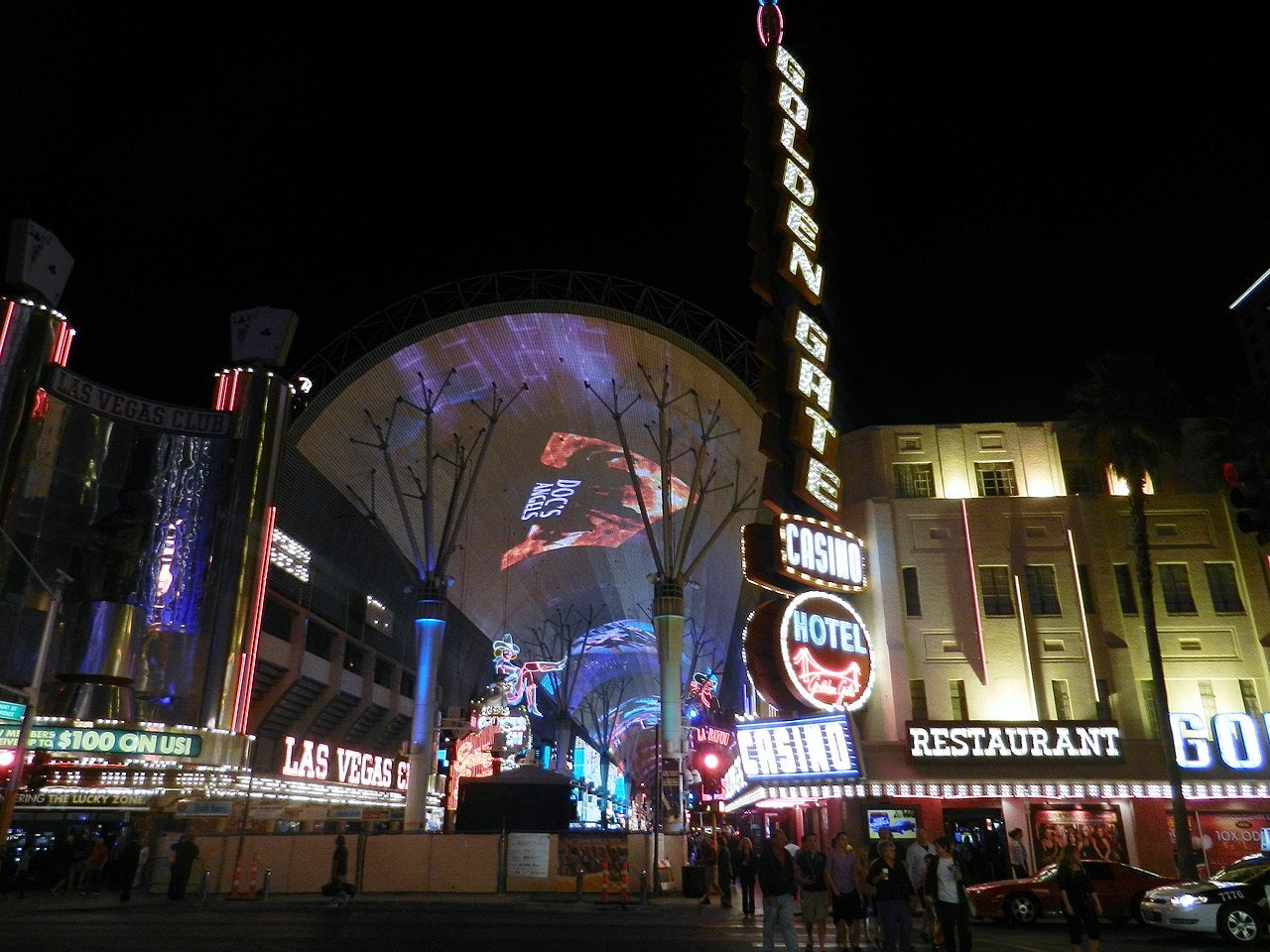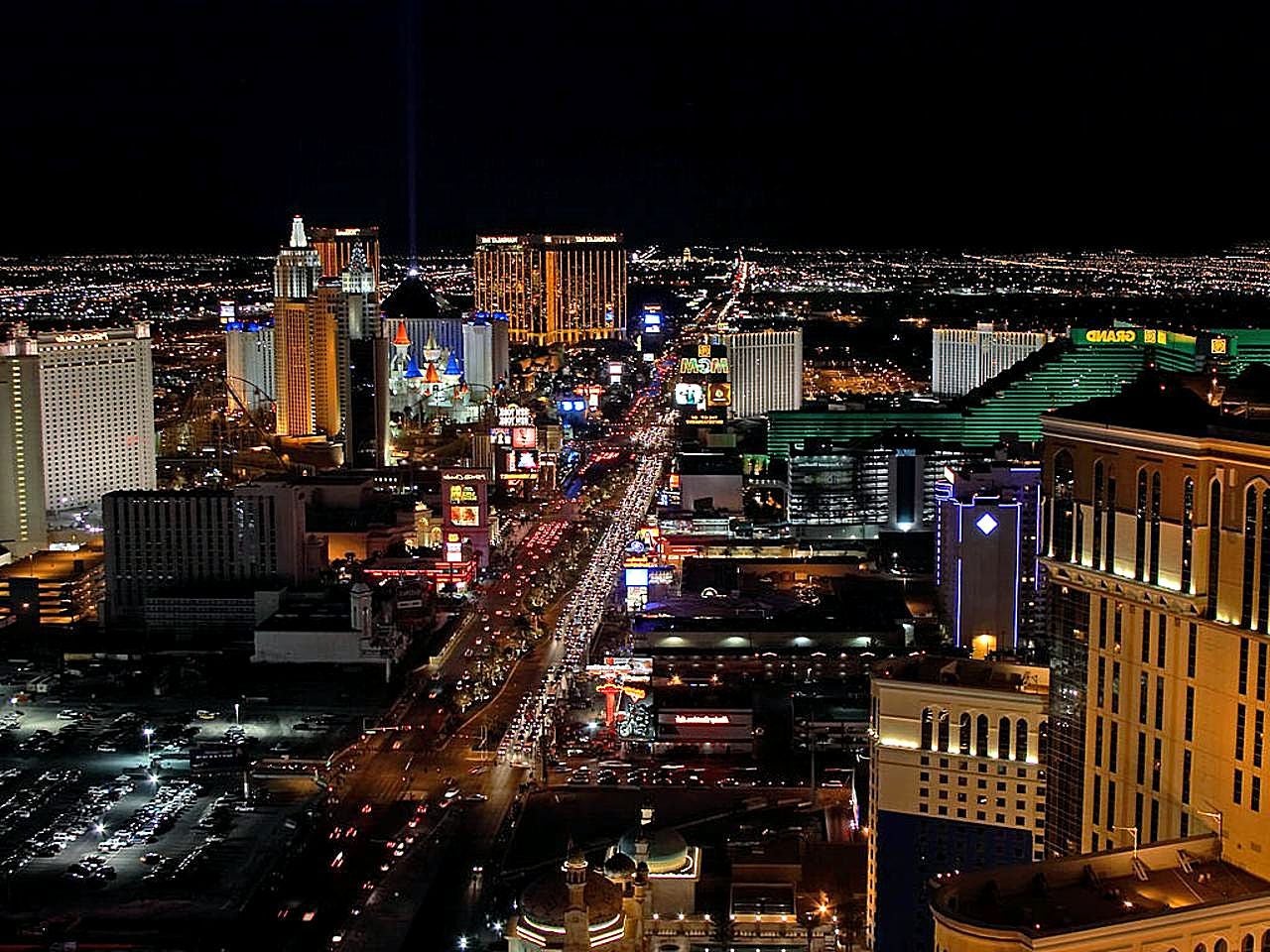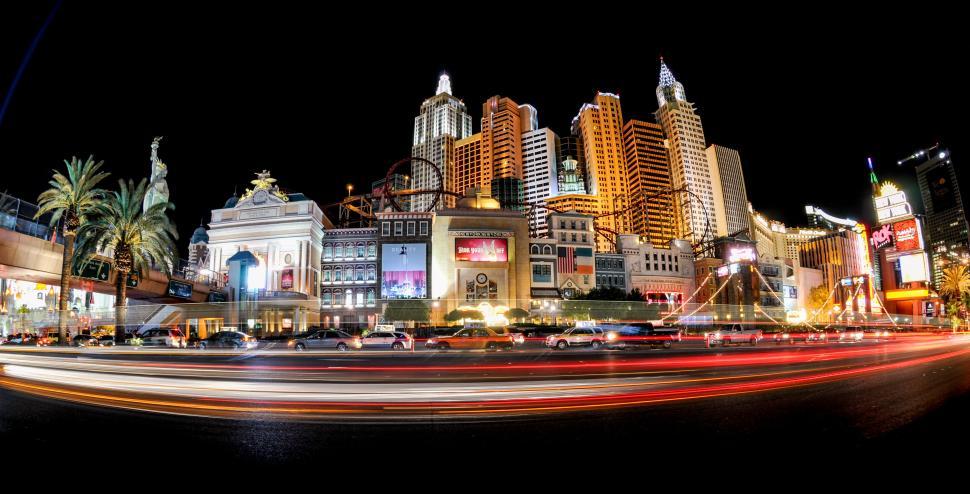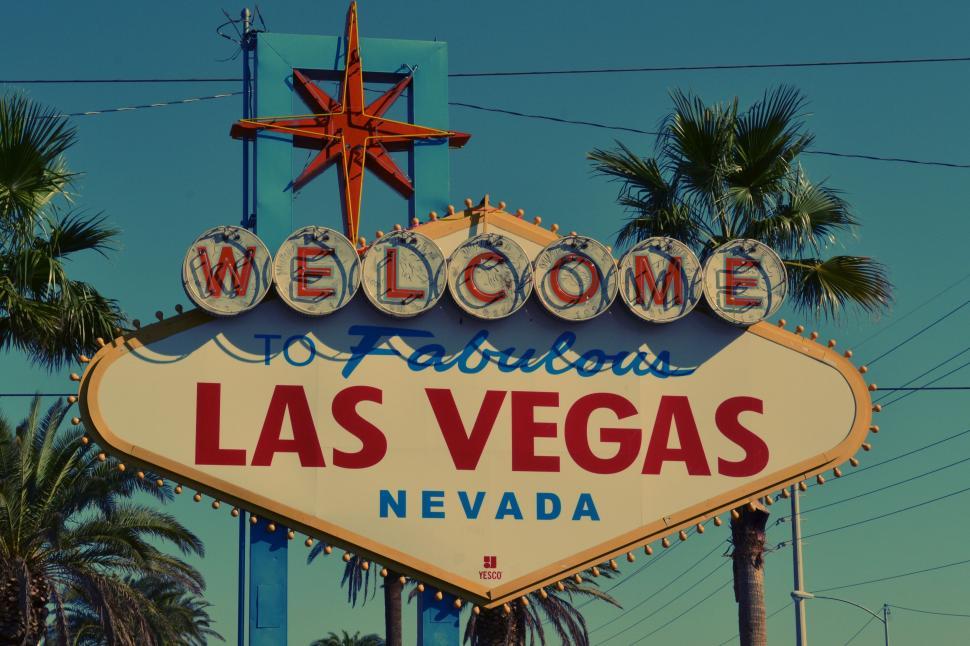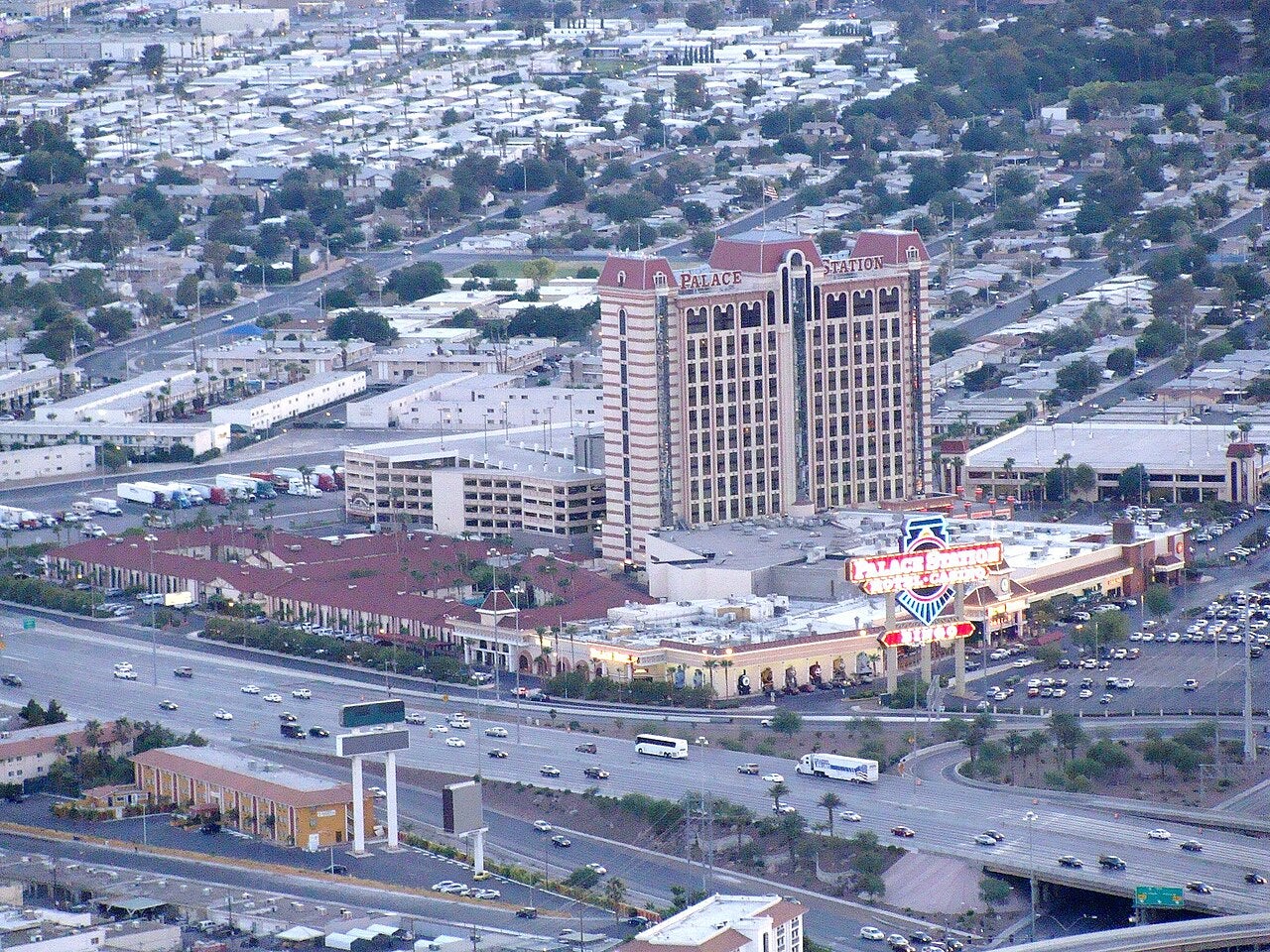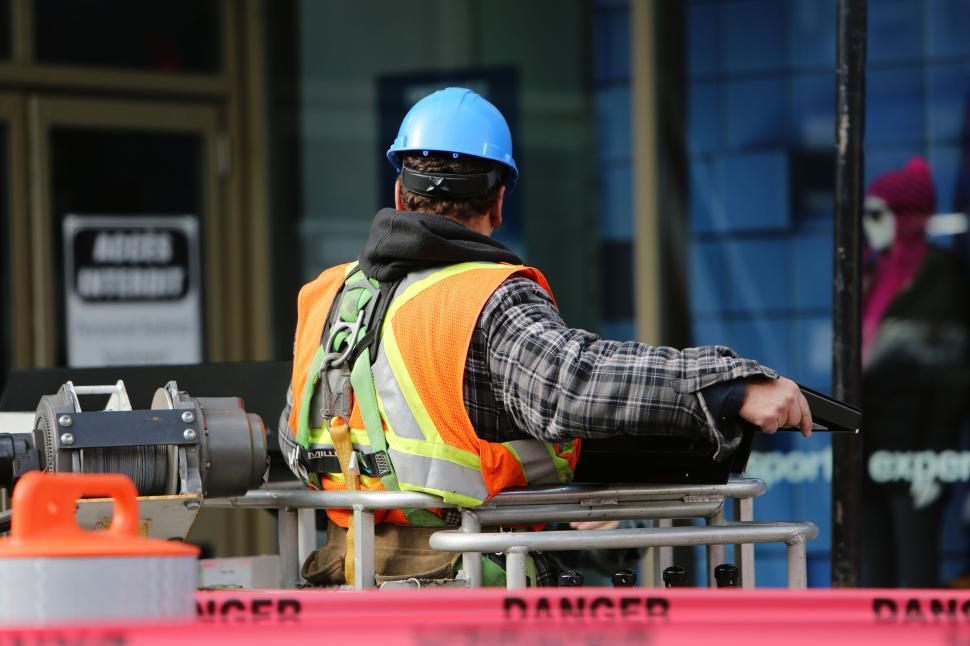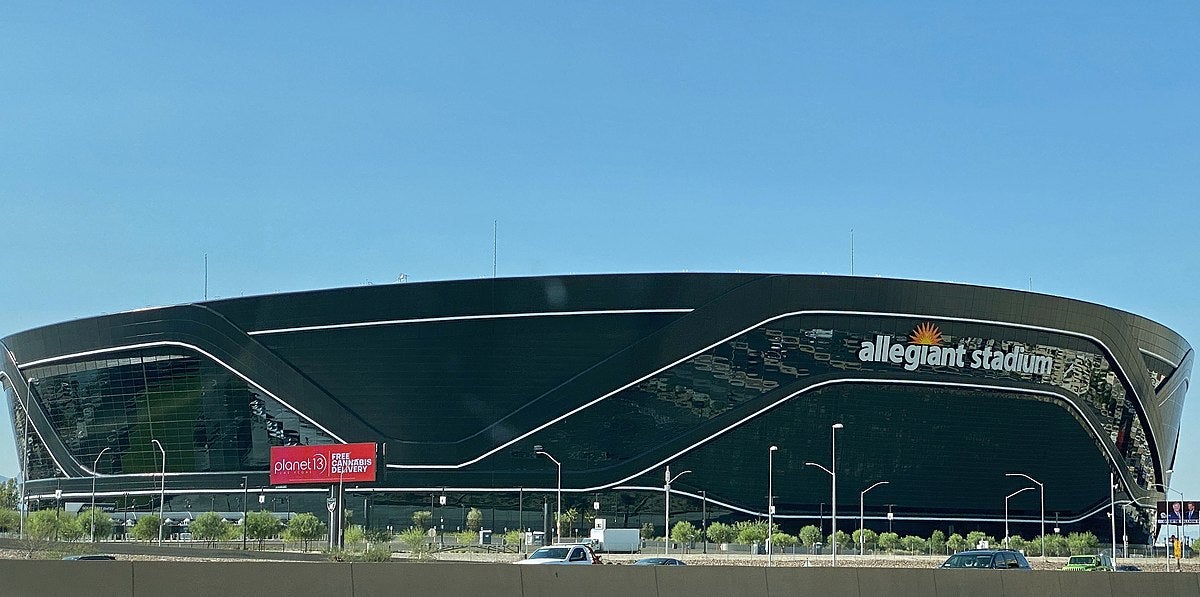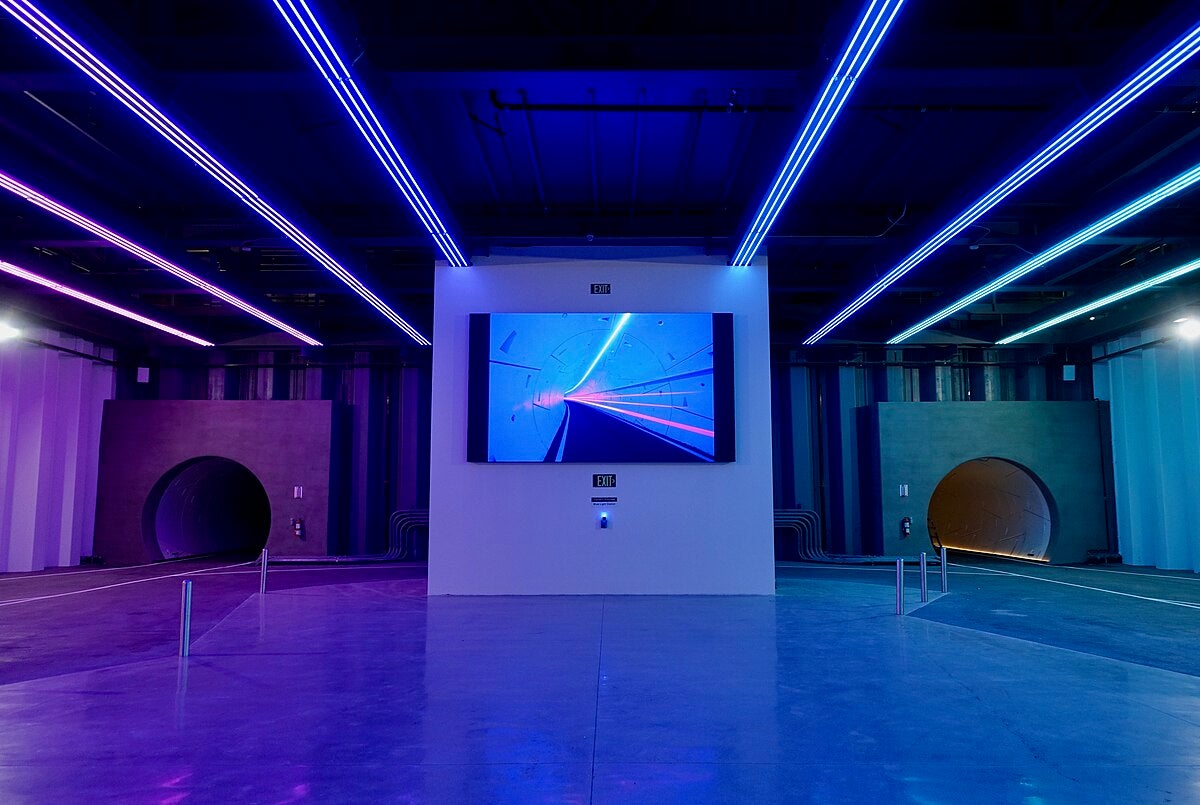Systemic Oversight
Regulators revealed Caesars’ compliance systems repeatedly ignored red flags about Bowyer’s $20+ million gambling activity across three states. The NGCB documents cite “instances of failures of control” as central to the seven-year oversight breach. Authorities noted that Caesars’ surveillance teams documented Bowyer’s suspicious cash transactions at Caesars Palace, Harrah’s Resort Southern California, and Harvey’s Lake Tahoe. However, the casino operator failed to file mandatory AML reports.
Bowyer’s operation, spanning over 700 clients through offshore platforms, continued uninterrupted despite audits showing his declared income couldn’t support millions wagered at the properties. Regulators emphasized this pattern undermined “the effectiveness of the casino’s anti-money laundering programs,” allowing high-risk betting.
Compliance Failures Breakdown
Caesars’ internal records reveal a revolving-door pattern with Bowyer, whose notoriety grew through ties with ex-Ohtani interpreter Ippei Mizuhara’s $16 million theft scheme. Despite 2017 documentation showing Bowyer’s $4 million Caesars Palace deposits alongside “source of funds/employment could not be determined” warnings, the operator repeatedly reinstated his privileges after superficial document reviews. Notably, two rival casinos blacklisted Bowyer that year, information that Caesars logged but disregarded.
A 2019 anonymous tip identifying Bowyer as a “bookie” triggered a temporary suspension, which was reversed when he submitted a $3 million “winnings” claim from Cosmopolitan losses. Subsequent risk assessments for 2020-2021 consistently flagged his unverifiable income. One 2021 alert cited a Patriot Act “314b request” for financial data sharing. Caesars finally banned Bowyer in January 2024, seven years after the first red flags, and only after “media outlets reported extensively” on his federal raid.
Regulatory Reckoning
Caesars becomes Nevada’s third major operator penalized in 2025 for Bowyer-linked AML lapses, following Resorts World’s $10.5 million and MGM’s $8.5 million settlements. The NGCB cited five systemic failures, including Bowyer’s unverified fund and bypassing AML escalation protocols. Caesars pledged commitment to compliance amid declining Vegas revenue.


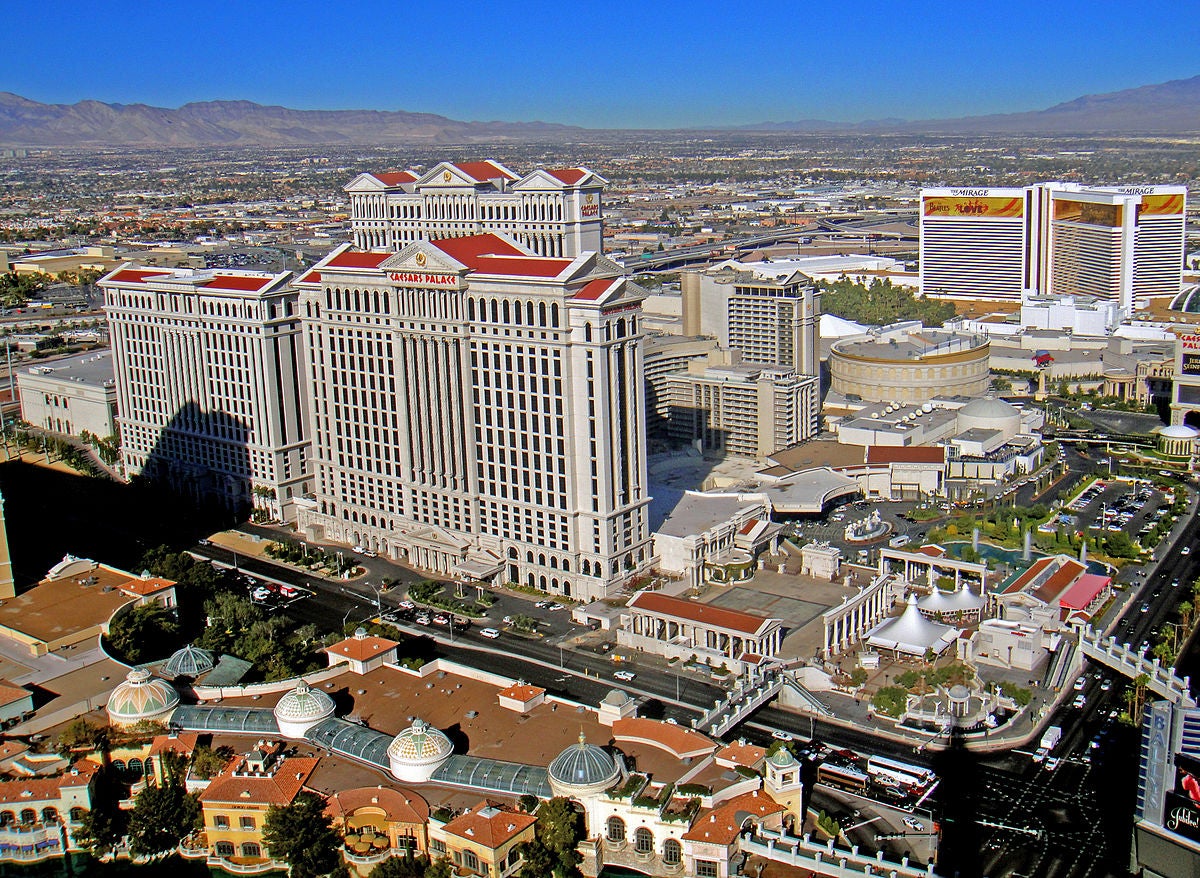

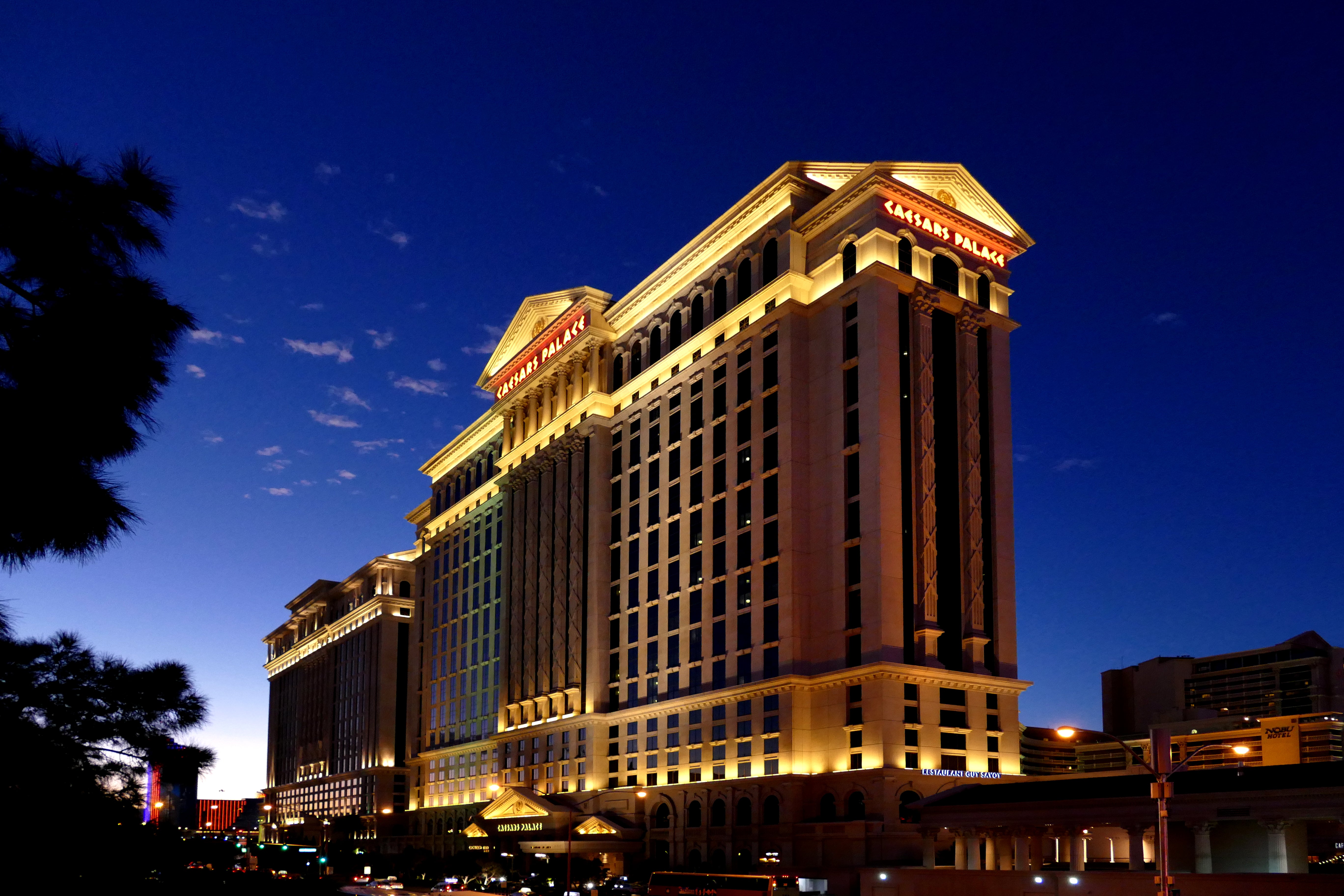

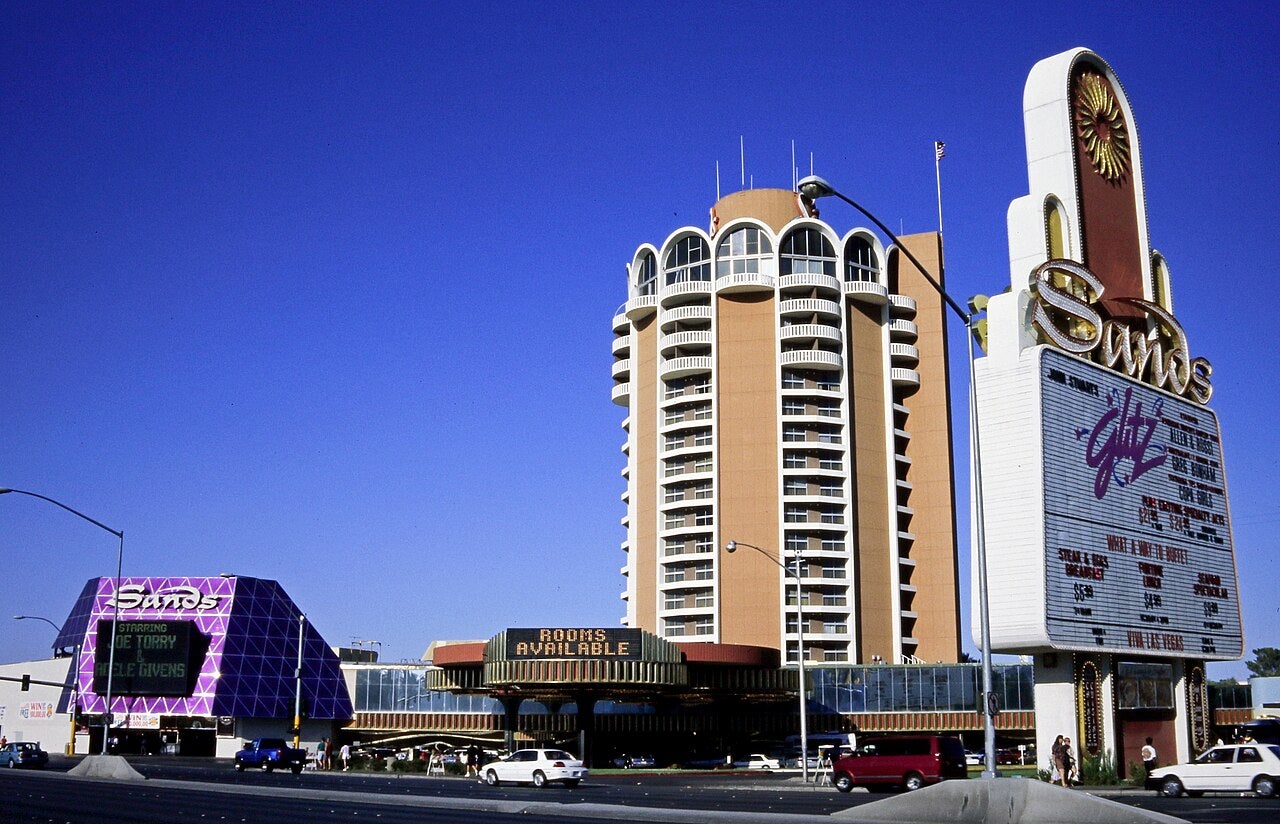
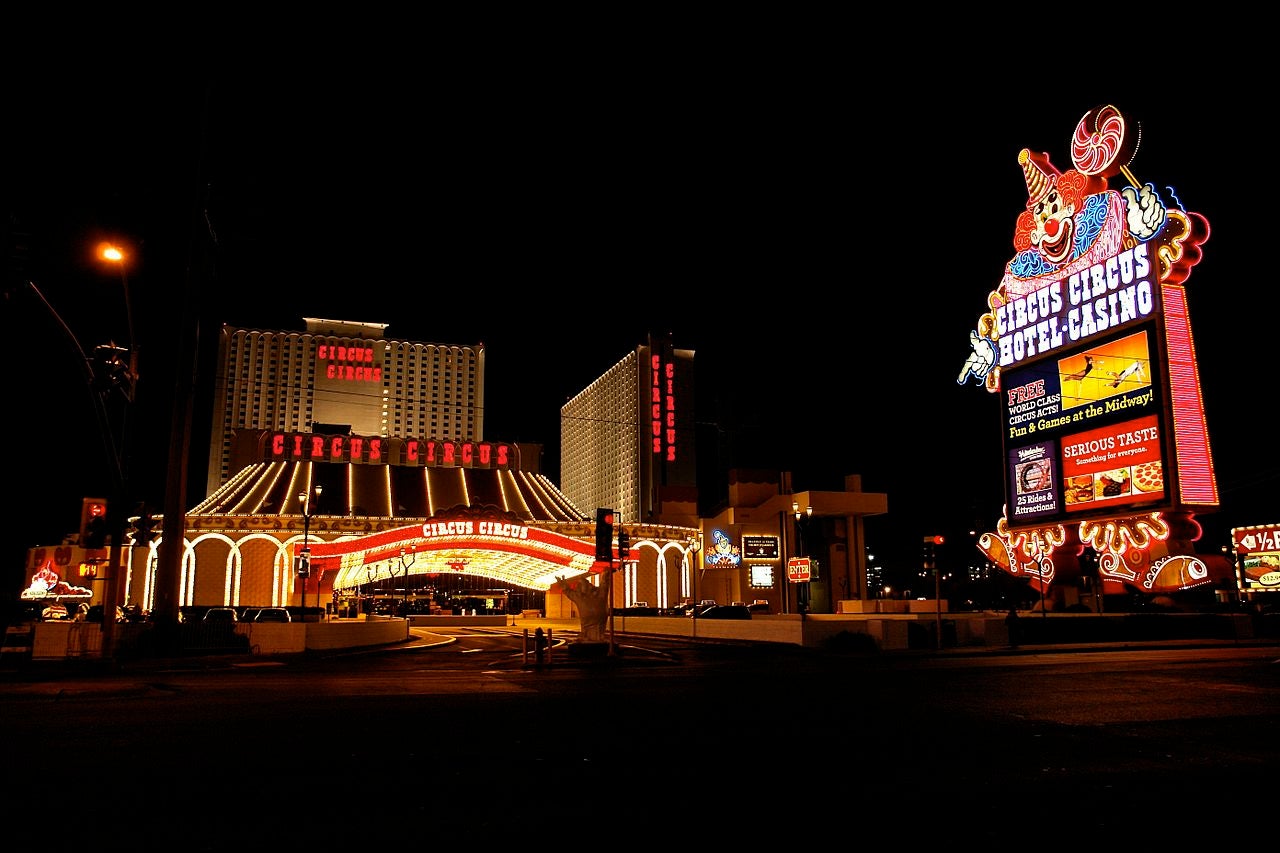
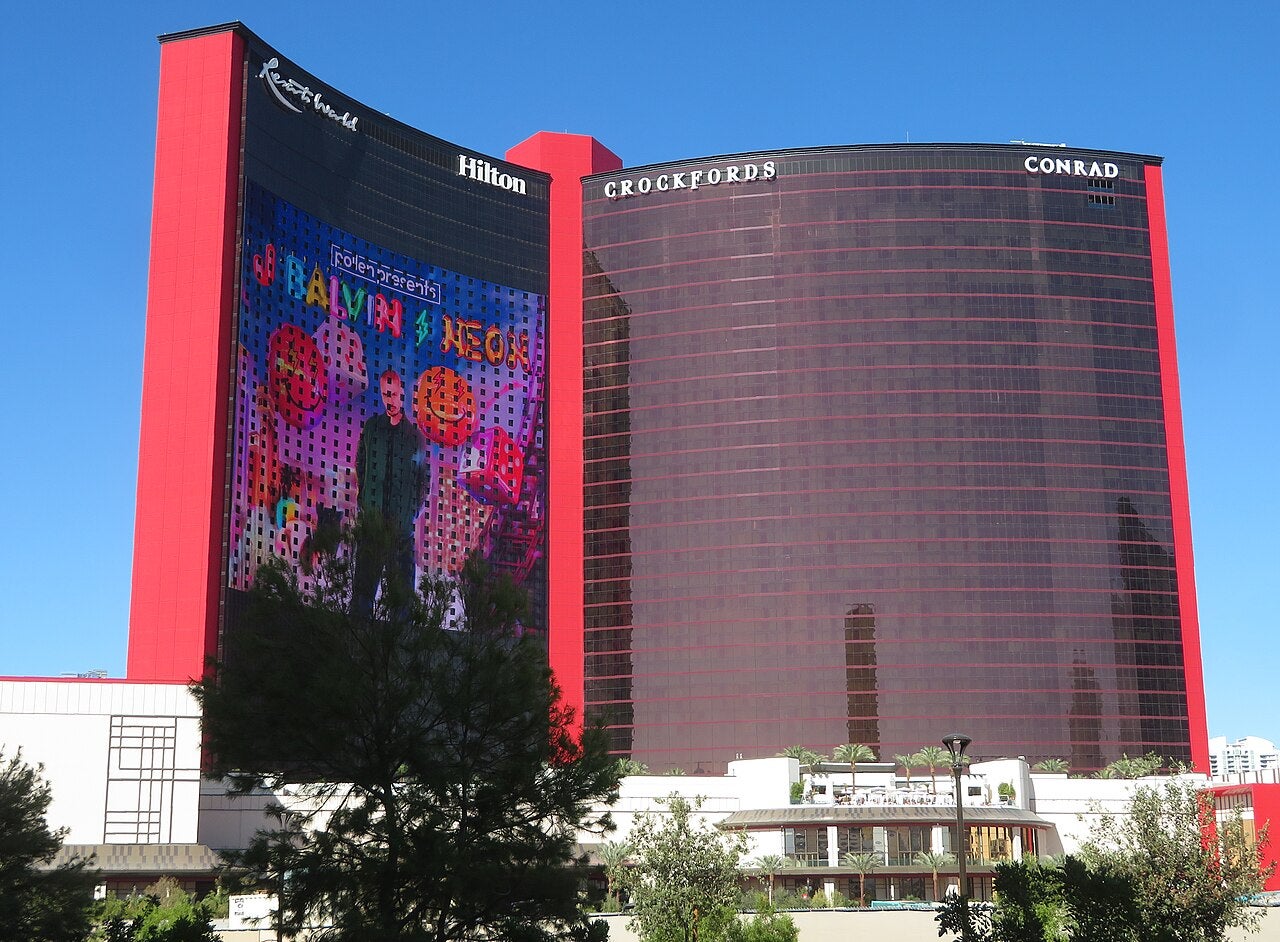
.jpg)
